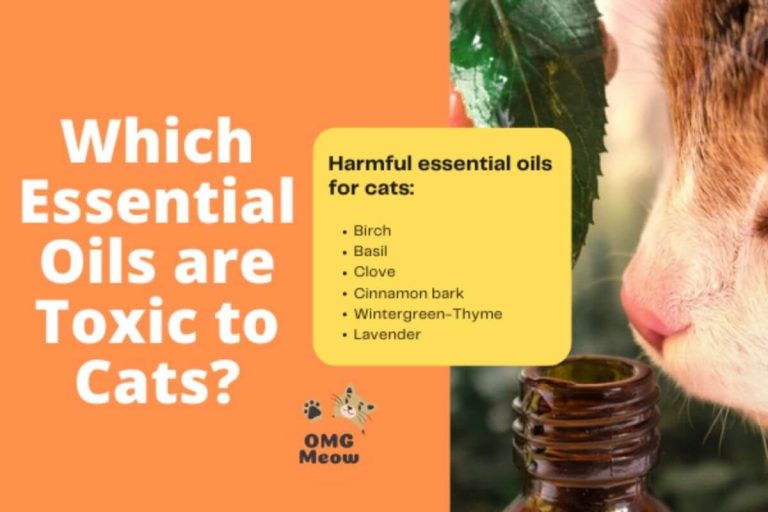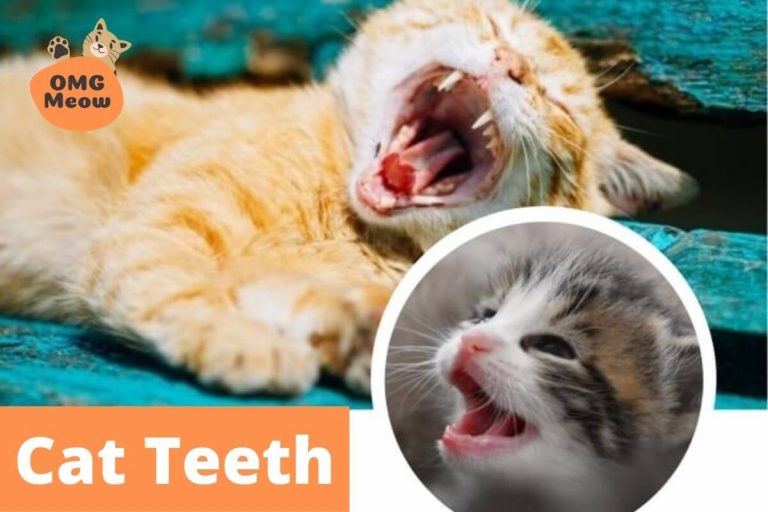As in people, sneezing in cats is an essential bodily function in expelling possible irritants that enter their nose. A cat sneezes from time to time should not be a cause for concern; however, if cat sneezing a lot or constant sneezing may indicate an underlying problem, especially if other abnormal symptoms appear (mucus, blood, cough).
Why is my cat sneezing so much? Why is my cat sneezing a lot? Why does my cat keep sneezing? What can you do to help it? Keep reading to find out common causes of cat sneezing, accompanying symptoms, treatments, and know when it’s time to go to the vet.
Why is my cat sneezing a lot?
What happens when a cat sneezes?
Commonly, cats can sneeze due to a simple tickle, lint, or dust particle caught in the nose or the presence of an unpleasant odor. But at other times, sneezing is a sign of something more serious.
Why is my cat sneezing so much?
These are the 7 most common causes why cats sneeze a lot:
- Tickling
- Chemical irritants
- Strange bodies
- Respiratory infections
- Dental disease
- Inflammation of the nasal cavity or sinuses
- Allergies
Let’s see what happens when a cat sneezes a lot and identify each of these cases.
1. Tickling
Without a doubt, this is the most apparent cause of feline sneezing. A cat may occasionally sneeze due to a simple tickle in its nose. Some of the common triggers are dust, smoke, and even your hair itself. This type of sneeze is sporadic and is not accompanied by other symptoms.
It is considered a reflex action, just like scratching when something itches.
2. Chemical irritants
In the domestic environment, numerous products can irritate the membranes and sinuses of the cat, causing it to sneeze. The most common irritants are perfumes, flavorings, essential oils, cleaning products, and other chemicals. Even the spices you cook with, like pepper and cinnamon, can cause several sneezes.
In this case, the cat sneezes momentarily. Sneezing may stop after a while.
3. Foreign bodies
Cats are naturally curious, which is why they can end up with all kinds of things on their noses. The inhalation of foreign material, such as a leaf or blade of grass, can make the cat sneezes by irritation in his nostrils. Sneezing is the body’s fastest way to expel this material.
Note that sometimes the inhaled object is too large to be expelled by sneezing. This will keep the cat sneezing a lot. It is not recommended that the owner remove the foreign body himself. It is best to contact a local vet.
Also Read: Why does My cat Bite me for no Reason?
4. Respiratory infections (viral, bacterial, fungal)
Another cause of sneezing in cats is respiratory infections, especially viral infections such as feline herpes virus and calicivirus. The infected cat will have persistent sneezing and discharge from the eyes and mucus from the nose. It is commonly known as a “cat with the flu.”
Added to this are chlamydiosis and feline mycoplasmosis, two bacterial infections. The former usually causes sneezing, watery eyes, mucus, drooling, and fever. The cat may sneeze, lose its appetite, and be down with the second.
Although less common, yeast infections can also cause a cat to sneeze due to nasal inflammation. The usual suspect is usually a fungus called Cryptococcus (nasal cryptococcosis).
Many young kittens are exposed to different viruses in the upper respiratory tract and remain chronic carriers throughout their lives. Symptoms may appear later, especially if the cat is immunosuppressed or stressed.
5. Dental disease
Did you know that the two most common symptoms of dental disease in cats are sneezing and a runny nose? A dental infection can facilitate the establishment of bacteria in the sinuses, leading to inflammation and constant sneezing.
As in many species, the roots of the teeth in the cat’s upper jaw are located next to the nasal passages. In case of severe dental infection or inflammation, it is possible to penetrate the barrier between the tooth and the nose cavity.
It is known that when the cat eats, some of the food material passes into the nose and worsens the sneeze reflex.
6. Inflammation of the nasal cavity or sinuses
As we’ve seen throughout the article, any condition or event that causes inflammation of the sinuses and nasal cavity can contribute to unusual feline sneezing. Infection is a common trigger, but it is not the only one. Also, consider sinusitis, rhinitis, and tumors in the nasal passage (mostly in older cats).
The inflammation itself can cause a cat to sneeze all the time. This creates a kind of vicious cycle in which the kitty continues to sneeze after the initial problem has been resolved. This situation is generally known as chronic rhinitis.
7. Allergies
Some episodes of acute sneezing in cats may be due to an allergic reaction, probably to pollen, dust, mold, or another household allergen. A cat that sneezes a lot, coughs, breathes badly, and scratches its skin may be suffering from an allergy.






